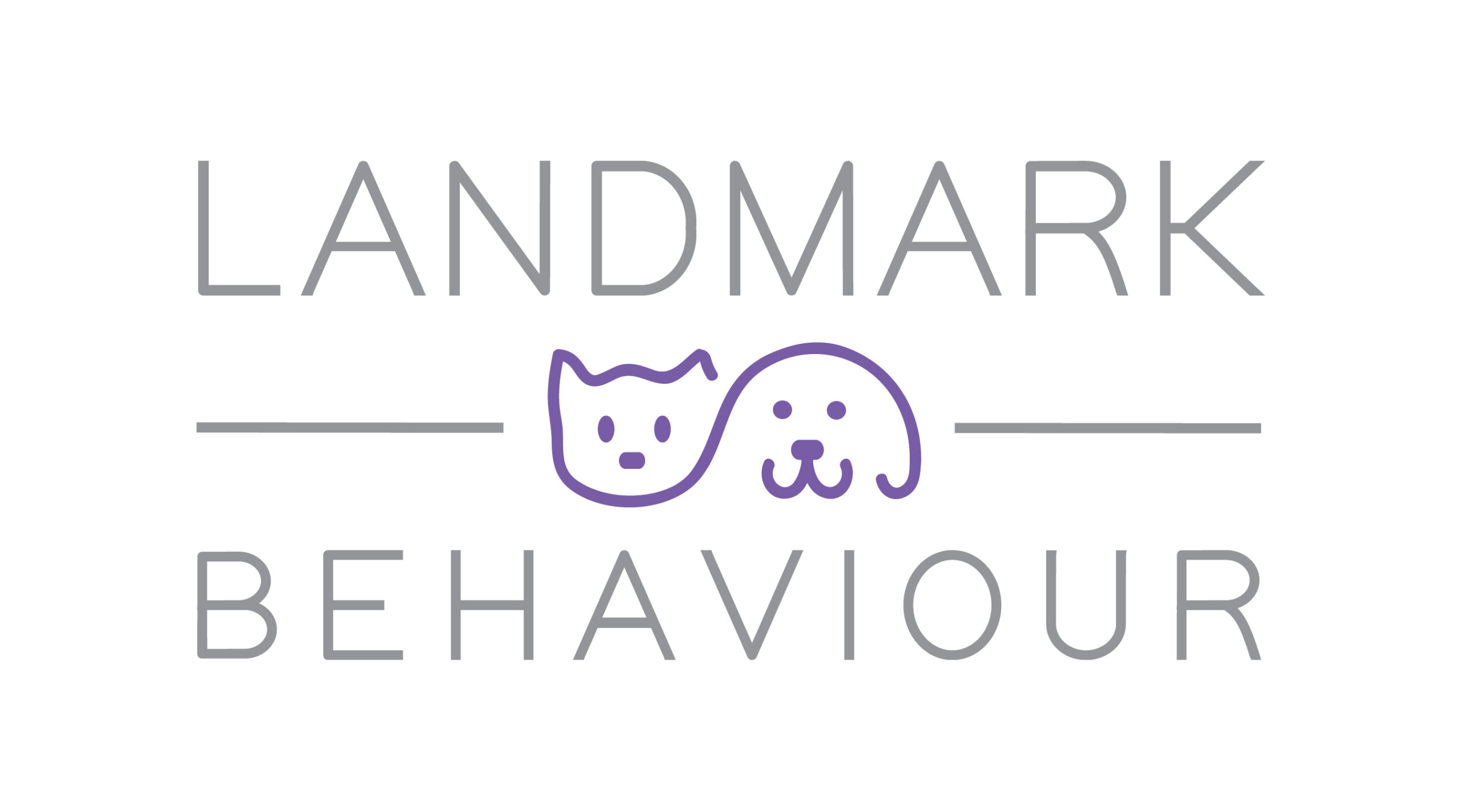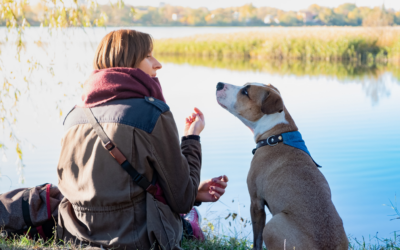Understanding the right time to consult a dog behaviorist can significantly enhance the well-being and happiness of your canine companion. This article delves into the indicators that suggest a visit to a behaviorist might be beneficial, the benefits of such a consultation, and how to prepare for your visit.
Recognizing the Signs
Observing your dog's behavior closely is crucial in determining the need for professional help. While they might seem minor, certain behaviors can escalate if not addressed promptly.
For basic manners and training, seeking help from a dog trainer can be very beneficial. Make sure that you research their experience and certifications. For other behavior problems, seeking a behaviorist or behavior consultant is likely required. For any new behavior problem, it is important to take your dog to their veterinarian to rule out any medical cause.
Excessive Barking or Whining
Barking is a natural form of communication for dogs. However, when it becomes excessive, it can indicate underlying issues such as anxiety, boredom, or other causes. Similarly, constant whining might be a sign of stress or discomfort. Understanding the triggers of these behaviors is the first step toward addressing them.
Identifying the circumstances under which your dog barks or whines excessively can provide valuable insights for a behaviorist. This information can be crucial in developing a tailored intervention plan.
Moreover, it's essential to consider the duration and intensity of the barking or whining. Is it happening at specific times of the day or in response to certain stimuli? Documenting these details can help the behaviorist understand the behavior comprehensively.
Aggression Towards People or Other Animals
Aggression is a serious behavioral issue that can stem from fear, anxiety, pain, and many other reasons. It's essential to address aggressive behavior promptly to prevent potential harm to others and understand the aggression's root cause.
Professional behaviorists are skilled in identifying the types of aggression and implementing strategies to safely manage or resolve the behavior. Early intervention is key to preventing escalation.
When assessing aggression, it's crucial to note whether it's directed towards specific individuals, strangers, or other animals. Understanding the context in which the aggression occurs can aid in devising an effective behavior modification plan.
Signs of Anxiety or Stress
Dogs can experience anxiety just like humans. Signs of anxiety may include pacing, trembling, excessive licking, or avoiding interaction. Changes in the environment, separation from owners, or traumatic events can trigger stress.
Behaviorists can offer techniques and strategies to help manage your dog's anxiety, improving their overall quality of life.
It's important to differentiate between situational anxiety, such as during thunderstorms or fireworks, and generalized anxiety that persists in various situations. Providing this distinction to the behaviorist can aid in tailoring the treatment plan accordingly.
Destructive Behavior
Chewing, digging, or destroying property can be signs of boredom, anxiety, or lack of stimulation. While these behaviors can frustrate owners, they signal that the dog's needs are not fully met.
Addressing the root cause of destructive behavior often involves environmental enrichment and mental stimulation, areas where a behaviorist can provide expert guidance.
Consider the frequency and triggers of your dog's destructive behavior. Does it occur when left alone, in response to specific noises, or during certain activities? Providing this information can assist the behaviorist in formulating a comprehensive behavior modification plan.
If your dog has been exhibiting destructive behaviors, it's most likely time to consult a dog behaviorist.

Benefits of Consulting a Behaviorist
Consulting a professional dog behaviorist comes with numerous advantages, not only for your dog but for your peace of mind as an owner. It's important to make sure that you are seeking help from a Certified professional, as ‘dog behaviorist' is a term that anyone could potentially use. A Certified Applied Animal Behaviorist or Veterinary Behaviorist are both third-party certifications that require a high level of education, experience, and expertise.
Customized Behavior Modification Plans
Every dog is unique, and a one-size-fits-all approach to behavior modification rarely works. Behaviorists assess individual dogs to create tailored plans that address specific issues effectively.
These plans often include behavior modification and training techniques, environmental adjustments, ensuring your pet is receiving enough physical and mental stimulation, and more.
Furthermore, the behaviorist may recommend specific exercises or activities to reinforce positive behaviors and discourage negative ones. Implementing these recommendations consistently is key to the success of the behavior modification plan.
Improved Safety
Aggressive or unpredictable behavior in dogs can pose a safety risk to people and other animals. Behaviorists are trained to handle these situations with the utmost care, prioritizing the safety of all involved.
Discussing any past incidents of aggression in detail with the behaviorist is crucial. Information about the triggers, warning signs, and outcomes of such behavior can aid in developing a safety plan and preventive strategies.
Strengthened Human-Dog Bond
Behavioral issues can strain the relationship between dogs and their owners. Misunderstandings and frustrations can lead to a disconnect, affecting the bond that is vital to both parties.
Behaviorists work on improving the dog's behavior and educating owners about understanding and responding to their pets' needs, thereby strengthening the human-dog bond.
During the consultation, be open to discussing your relationship with your dog and any challenges you face in understanding their behavior. The behaviorist can provide insights and guidance on enhancing communication and building a stronger bond.
Preparing for Your Visit
Maximizing the benefits of a consultation with a dog behaviorist involves some preparation. Here are steps to ensure you're ready for your appointment.
Gather Relevant Information
Before your visit, compile any relevant information about your dog's history, including any previous training, medical issues, and specific incidents of concerning behavior. This information will be invaluable to the behaviorist in assessing your dog's needs.
Additionally, keeping a behavior diary leading up to the consultation can provide insights into patterns or triggers for your dog's behavior.
Include details about your dog's daily routine, interactions with family members and other pets, and any recent changes in their environment. The more comprehensive the information you provide, the better equipped the behaviorist will be to develop an effective treatment plan.
Set Realistic Expectations
Behavior modification takes time and patience. It's essential to approach the consultation with realistic expectations regarding the process and the outcomes.
Commitment to following the behaviorist's recommendations and consistency in training and reinforcement are crucial to achieving lasting change.
Remember that progress may not always be linear, and setbacks can occur. Discussing potential challenges and strategies to overcome them with the behaviorist can help you stay motivated and focused on improving your dog's behavior.
Consider visiting our blog for more in-depth information on dog behavior and training techniques. Our resources are designed to support you in creating a harmonious and happy life with your canine companion.
If you're ready to take the next step in improving your dog's behavior and strengthening your bond, Landmark Behaviour is here to guide you. Whether you're addressing current behavior problems in your pet, wanting to prepare for a new pet, or preparing your fur baby for the arrival of a new baby our Certified Applied Animal Behaviorist is dedicated to creating positive changes in your pet's behavior.



